Pre-Enrollment Guidance
Beginning your college career in high school
As an enrolled UConn ECE Student, you are beginning your college career. The coursework you complete will appear on your official UConn transcript and is a permanent part of your academic record.
UConn courses taken through UConn ECE are included on your official UConn transcript under the “Non-Degree Programs Record”
- If you matriculate into UConn and choose to “accept” your credits earned through ECE, they will be applied toward your UConn undergraduate degree program record and will be calculated into your undergraduate GPA.
- If you matriculate into UConn and choose to “reject” your credits earned through ECE, they will remain on the “Non-Degree Programs Record” of your official UConn transcript. While they remain on your transcript, they will not be applied toward your degree program and will not impact your undergraduate GPA.
- If you matriculate to a college/ university other than UConn, your credits earned through ECE will remain on the “Non-Degree Programs Record” of your official UConn transcript
Financial Considerations
College is a significant financial commitment and taking UConn courses while still in high school has the potential for substantial cost savings. When considering college finances, it is important to understand what is available to you and how your UConn ECE coursework is considered.
Once you enroll in a postsecondary institution after you complete high school, various forms of private and federal financial aid may be available to you.
- To apply for federal student aid, such as federal grants, work-study funds, and loans, you need to complete the Free Application for Federal Student Aid (FAFSA®) form. Completing and submitting the FAFSA form is free, and it gives you access to the largest source of financial aid to help pay for college or career school.
- In addition, many states and colleges use your FAFSA information to determine your eligibility for state and school aid, and some private financial aid providers may use your FAFSA information to determine whether you qualify for their aid. (https://studentaid.gov/help-center/answers/article/what-is-the-fafsa)
Though very rarely a problem for UConn ECE Alumni, it is important to be aware of Satisfactory Academic Progress (SAP). SAP is a standard used to measure a student’s successful completion of coursework toward a degree and is considered in the eligibility requirements for federal, state, and institutional financial aid. SAP standards typically include maintaining a minimum GPA and completing a minimum percentage of attempted credits. Grades earned in UConn courses taken through UConn ECE are included in the SAP Standard, once matriculated. Withdrawing from a course or earning an unsatisfactory grade could impact your completion rate, and if it falls below the required threshold, it may affect your financial aid eligibility in subsequent terms. Should you lose eligibility for financial aid as a University of Connecticut student, you are always given the opportunity to appeal the decision.
It's important to note that financial aid policies can vary among colleges and universities, so it's recommended to consult with the financial aid office of the specific institutions you're interested in attending. They can provide detailed information about their policies regarding dual or concurrent enrollment and how it may affect your financial aid package. For questions specific to UConn, contact the Office of Student Financial Aid Services at financialaid@uconn.edu.
Considering advanced professional degree?
For students considering advanced professional degrees (e.g., medical, pharmacy, nursing, dental, law, physician assistant, and veterinary medicine school), professional schools’ admissions programs typically require you to share transcripts of and report ALL courses taken for college credit, regardless of when or where they were taken.
- Your official UConn transcript (even if it is exclusively credit earned on the “Non-Degree Programs Record”) IS required to be submitted. This means that the UConn (non-degree) credit you earned while in high school will be a part of your post-baccalaureate, graduate, or professional school application.
- Credits/grades earned for dual/concurrent enrollment programs, including UConn ECE, will be factored into official grade calculations (Grade Point Averages- GPAs) for health professions schools and law schools, even if the course has been repeated (at UConn or any other institution) and the student has earned a higher grade.
- Professional schools’ admissions committees are typically aware that many students have taken college courses during high school, as this is common at high schools across the country. For specific guidance on how to report college coursework taken while in high school when applying to professional schools, please consult the following:
- Dental schools (ADSAS) Transcript Entry Requirements
- MD schools (AMCAS) Coursework Transcripts (AMCAS Applicant Guide)
- DO schools (AACOMAS) Transcript Entry Requirements
- Law schools (LSAC) Required Transcripts
- We encourage you to utilize your secondary applications, addenda, or personal statements to directly address concerns about the impact of specific dual/concurrent enrollment courses, including UConn courses taken through UConn ECE on your GPA (as calculated by and reported to professional schools).
- For additional guidance, reach out to the pre-professional advising offices at your target college or university.

